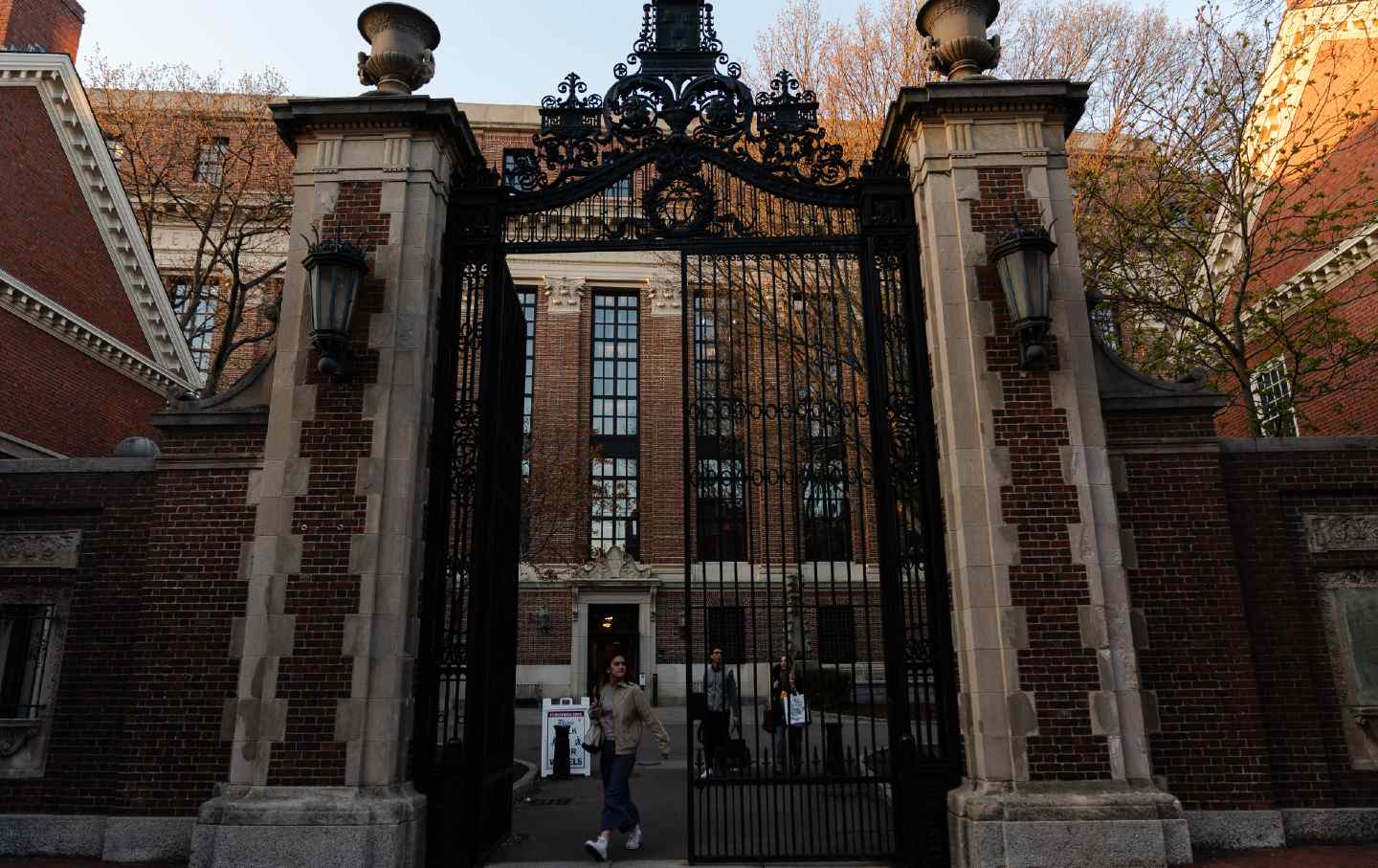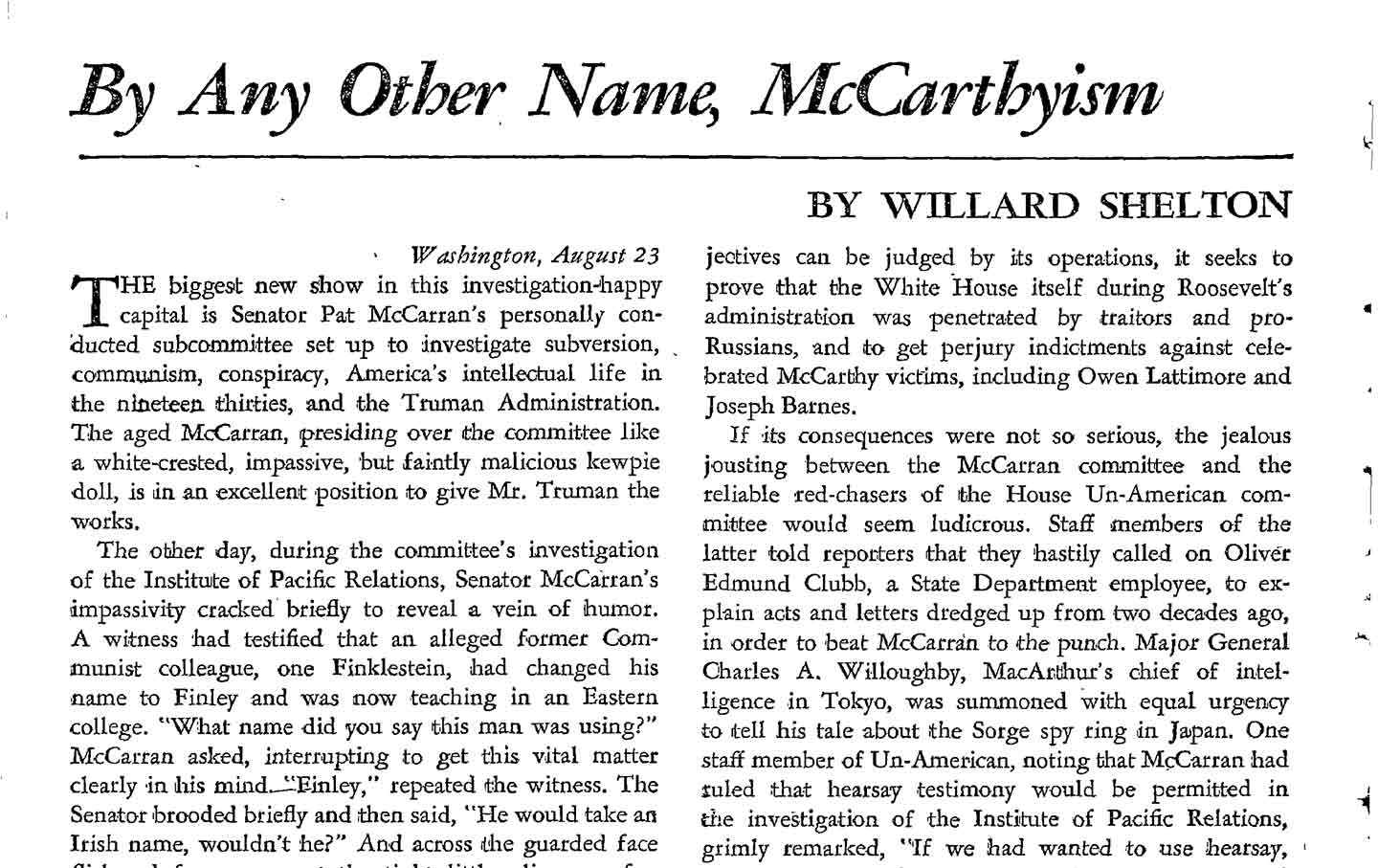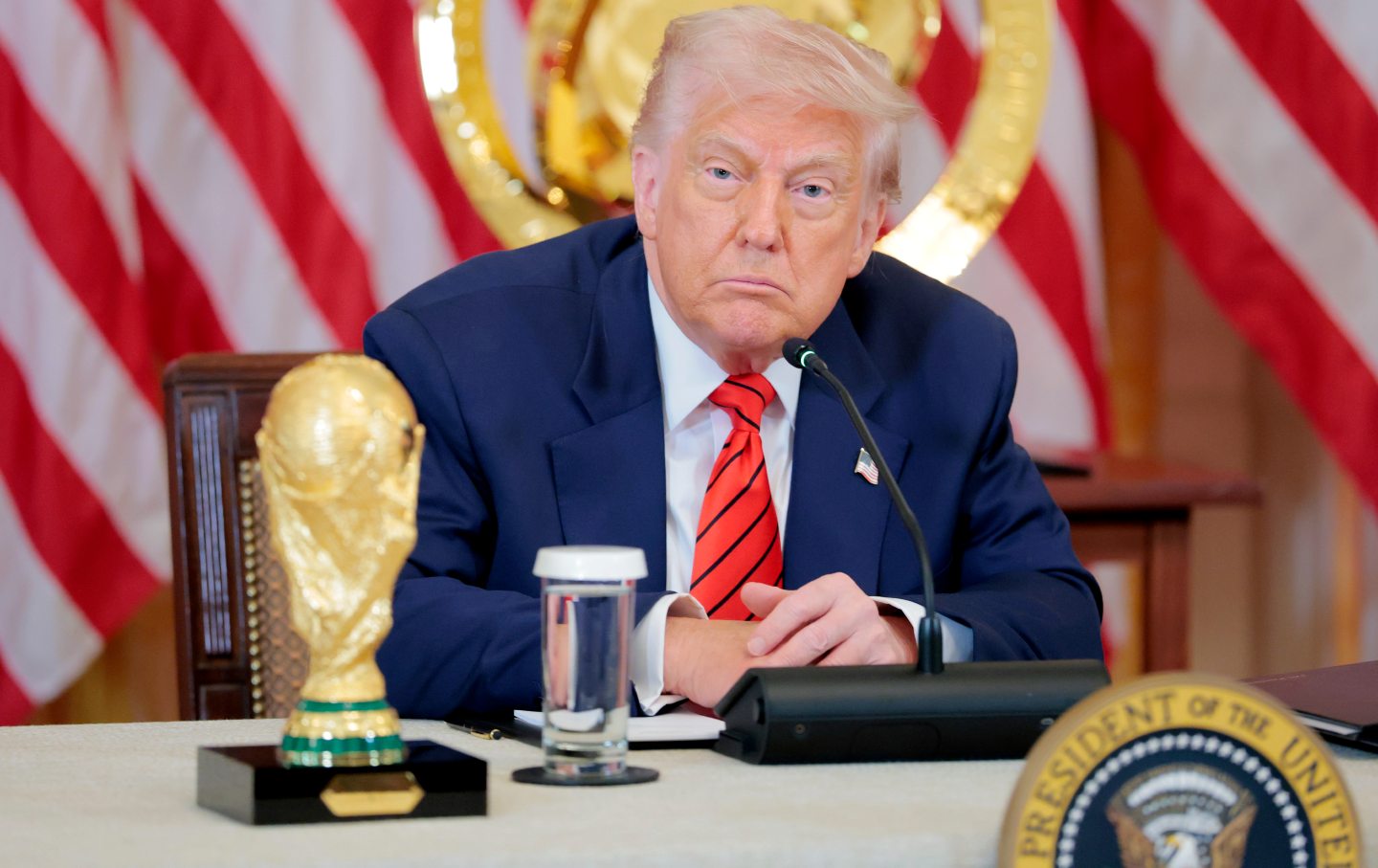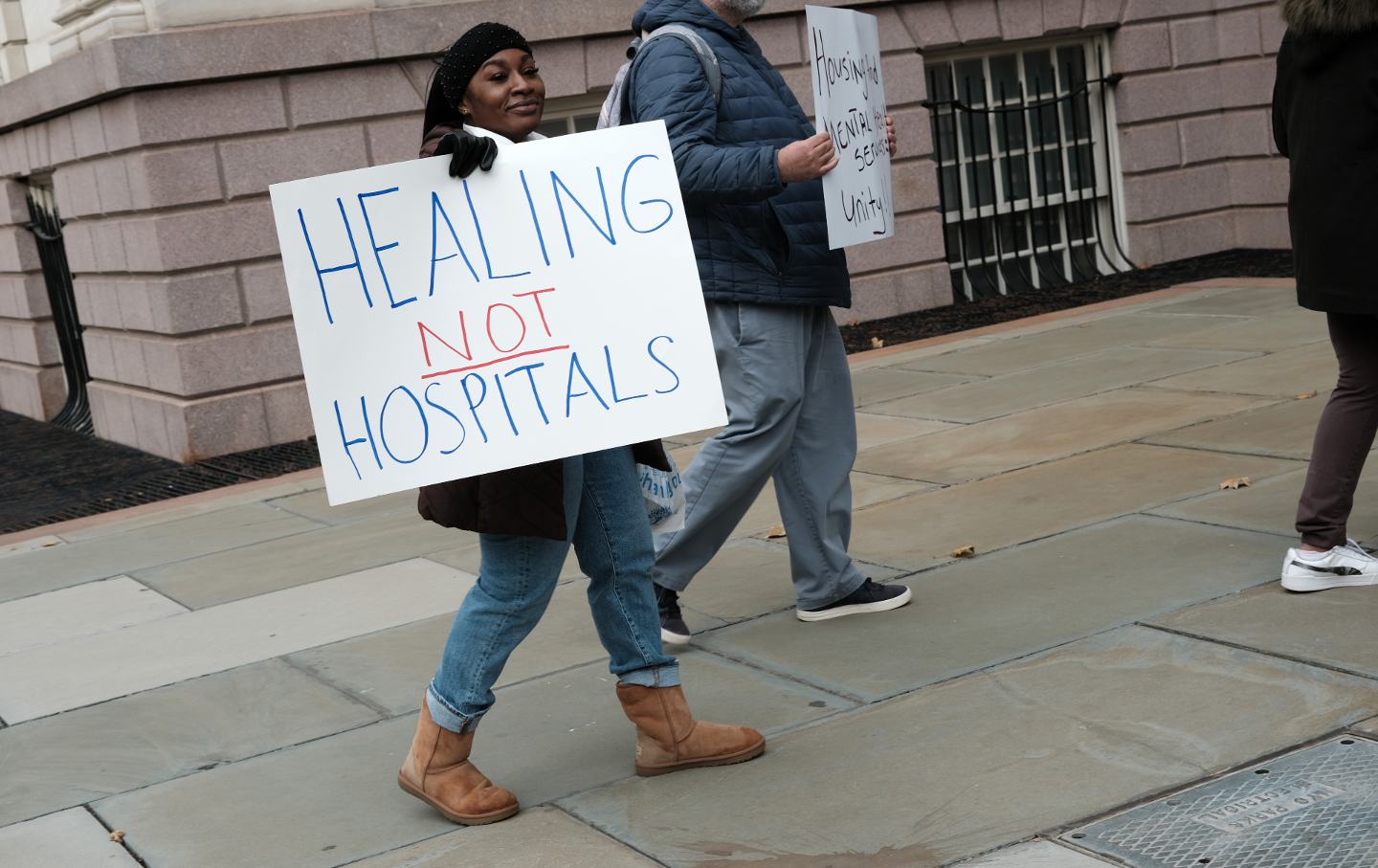Letters: Writing About Science
Readers disagree with criticism of recent opinion pieces in The New York Times about the origins of Covid-19 and the public health response to it.
In a recent science opinion piece, Gregg Gonsalves and John P. Moore decry other such pieces by Zeynep Tufekci and Alina Chan, whom they characterize as biased and insufficiently expert on questions of virus origins and public health management [“The New York Times Is Failing Its Readers Badly on Covid,” TheNation.com, June 21].
Concerning Dr. Chan’s discussion of Covid origins, Gonsalves and Moore state that “the Times’ science and politics reporters have covered all aspects of this saga objectively and fairly.” They support this with two links to the Times from more than a year ago, one of which is a flimsy report suggesting that raccoon dogs were the intermediate species in the transmission of the virus to humans. Raccoon dogs are no longer mentioned by proponents of the market scenario, including in the January 2024 letter Gonsalves and Moore cite as “the evidence” in their statement that “the preponderance of the evidence implies that the virus jumped from an animal to a human host in a Wuhan ‘wet market.’” The three opinion pieces they cite in support of their assertions were all based on two papers published in the journal Science two years ago, which have been discredited by more recent genetic, geolocalization, statistical, and epidemiological studies. These are cited in Dr. Chan’s unprecedentedly data-rich (for a general newspaper) New York Times essay.
On what basis have Drs. Gonsalves and Moore appointed themselves arbiters of what constitutes “all aspects of this saga”? They state that Dr. Chan, despite her unquestionably citing more recent studies than they have, has exhibited a “science be damned” attitude to the Covid origins question, and the Times, by having “revived” the lab leak hypothesis (which they acknowledge is a viable possibility) has done so as well. By impugning continued discussion of this vital question while crediting the opinion pieces of one side and ridiculing the good-faith presentation by a serious advocate of the other, Gonsalves and Moore have done a disservice to all of us.
Stuart A. Newman
pleasantville, ny
Felipe C. Cabello
hawthorne, ny
The writers are, respectively, a professor of cell biology and anatomy and a professor emeritus of pathology, microbiology, and immunology at New York Medical College in Valhalla, New York. Dr. Newman is a coauthor with Tina Stevens of Biotech Juggernaut: Hope, Hype, and Hidden Agendas of Entrepreneurial BioScience (Routledge, 2019). Dr. Cabello made key early contributions to DNA splicing technology and was the chair of our university’s federally mandated Institutional Biosafety Committee for more than a decade.
As most readers of The Nation surely know, The New York Times fails its readers on numerous issues, from science to politics, and has done so repeatedly. So it is with The Nation in this case, which is disappointing. Science is not a priesthood but rather a community of investigators engaged in research, discourse, and criticism. As an institution, it is no more or less fragile than any other of our social institutions, many of which are currently undergoing severe stresses, including education, justice, etc. Science does not stand apart, much as we might wish it so.
The last thing that the institution of science needs right now is “pontification” by members of its priesthood. One is reminded of those yard signs sporting liberal shibboleths, one of which is “Believe the science.” Science has to earn that belief, that trust. At the beginning of the AIDS crisis, some among the leadership cadre of public health failed in that respect; to his credit Dr. Anthony Fauci has acknowledged as much. That humility will be part of his legacy.
Professor Zeynep Tufekci is that rara avis, a public intellectual who contributes to both the scientific literature and to thoughtful discourse in many fields. Readers of The Nation may wish to revisit her 2017 book, Twitter and Tear Gas, on the successes, and failures, of the social and political mobilizations made more possible by emerging information technologies.
At this time, the public is ill-served by efforts in the scientific community to close ranks prematurely around paradigms and policies that by rights and in fact are continuously evolving, much as are information technologies. Professor Tufekci is merely pointing out how science itself is discredited when its gatekeepers themselves violate the norms of scientific openness and humility.
Thomas Yemm
new york, ny
The writer is an adjunct instructor of sociology at the New York University School of Professional Studies.
Gonsalves and Moore Reply
Newman and Cabello are among the minority of biologists who believe the Covid-19 pandemic arose from a lab leak. They accuse us of not providing sufficient evidence for our opinion that a more likely origin is a zoonotic event whereby SARS-CoV-2 was transmitted from an unidentified animal to a human, perhaps twice, in a Wuhan wet market. When writing an essay for a generalist website such as The Nation, it is not the norm to provide multiple links to peer-reviewed literature or reliable online resources. But we are happy to do so here. These linked sources support the zoonotic transfer hypothesis and/or counter the notion that a lab leak occurred.
Scientists studying Covid have consistently updated their views as new information has emerged. By contrast, the proponents of the lab leak theory have offered no new evidence to support their claims, and their main arguments have been roundly debunked. While the origin of SARS-CoV-2 may never be known, the preponderance of the evidence supports a zoonotic source. If new evidence emerges, we will revise our views.
The dangers of the evidence-lite lab leak hypothesis are increasingly apparent. The ultra-right Heritage Foundation recently issued an inflammatory manifesto for legal action against China over the pandemic. The authors took it as established fact that the pandemic arose from a lab leak and dismissed the zoonosis hypothesis on extremely dubious grounds. Virologists are being accused of lying, corruption, or participation in a cover-up.
Popular
“swipe left below to view more authors”Swipe →A peer-reviewed paper soon to appear in the Journal of Virology will outline how this is damaging the ability of the scientific community to prepare for the next viral pandemic, how the demonization of scientists is driving them away from work on viruses with pandemic potential, and how it is increasingly difficult to persuade the next generation of scientists to become virologists. Being less prepared for the next pandemic should concern us all. Viruses threaten humanity, not the virologists and the other scientists around the world working on pandemic threats.
Gregg Gonsalves
new haven, ct
John P. Moore
new york city








